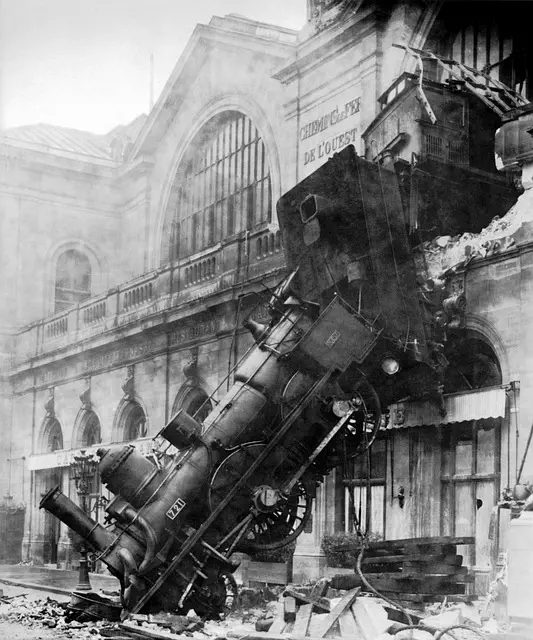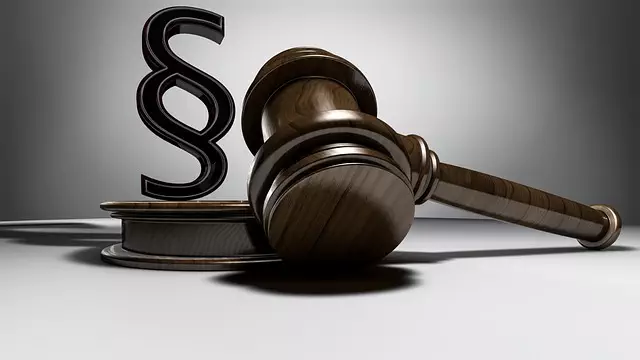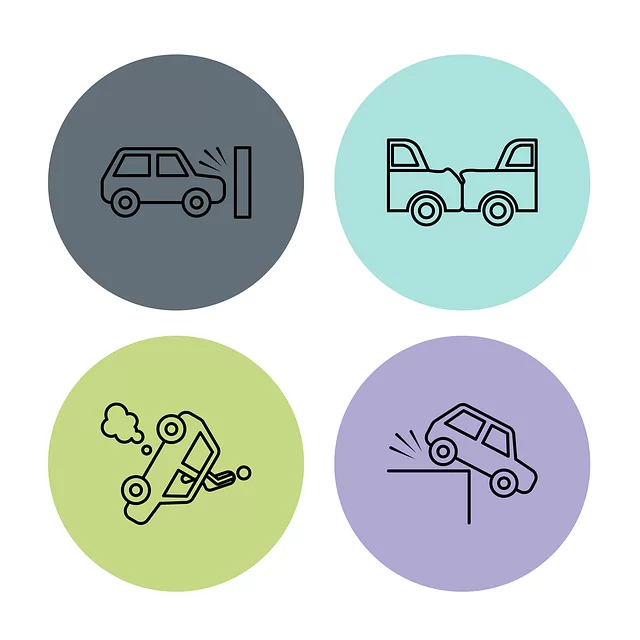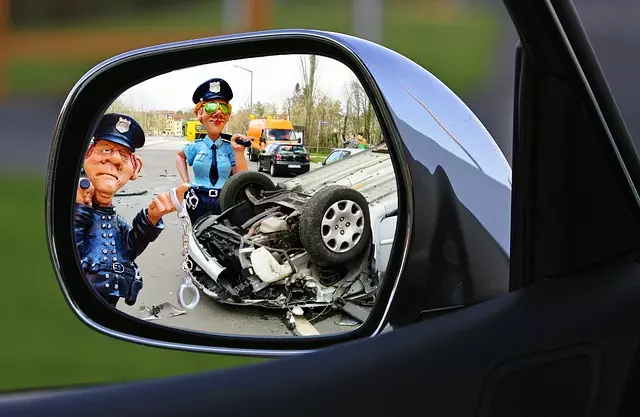Rideshare crash litigation in The Bronx faces complex challenges, particularly when dealing with brain damage from head injuries in neighboring Queens. Determining liability requires scrutinizing driver negligence and vehicle defects, with medical documentation and expert opinions crucial for assessing brain injuries' severity and long-term effects. Legal strategies include settlement negotiations or trials to secure compensation for victims and their families. Skilled attorneys specialize in personal injury litigation, empowering victims to seek justice under strict driver responsibility laws and safety standards. Brain damage cases can result in substantial settlements due to negligence, with rising average amounts driven by medical costs and juror awareness of head injury impacts.
“Rideshare crash litigation in The Bronx is a growing area of legal focus, especially with increasing personal injury cases involving brain damage and head injuries. This comprehensive guide delves into the complex world of rideshare accidents, specifically targeting Queens residents and their rights. We explore the local legal landscape, medical perspectives on brain trauma, and key strategies for proving negligence in these cases. By examining case studies and settlement trends, we equip readers with knowledge to navigate this challenging yet crucial aspect of personal injury law.”
- Understanding Rideshare Crash Litigation: A Comprehensive Overview
- The Bronx as a Focus: Exploring Local Legal Landscape
- Brain Damage and Head Injuries: Medical Perspective and Legal Implications
- Queens Residents and Their Rights: Navigating Personal Injury Cases
- Key Elements in Rideshare Crash Litigations: Proving Negligence
- Case Studies and Settlement Trends: What You Need to Know
Understanding Rideshare Crash Litigation: A Comprehensive Overview

Rideshare Crash Litigation in The Bronx involves complex legal processes aimed at addressing severe injuries, including brain damage from head injuries in Queens. When a rideshare vehicle is involved in an accident, determining liability can be intricate. Passengers who sustain injuries due to driver negligence or vehicle defects may have grounds for legal action against the rideshare company, driver, or both.
Comprehensive overviews of such litigation focus on understanding fault determination, compensatory damages, and potential challenges unique to these cases. Brain damage from head injuries in Queens, for instance, requires meticulous medical documentation and expert opinions to assess severity and long-term impacts. Legal strategies may include negotiating settlements or pursuing trials to secure just compensation for victims and their families.
The Bronx as a Focus: Exploring Local Legal Landscape

The Bronx, with its dense urban landscape and heavy traffic volume, presents a unique legal challenge in the context of rideshare crash litigation. Here, the focus often shifts to cases involving brain damage from head injuries among passengers in Queens—a neighboring borough known for its bustling streets and diverse community. The local legal landscape is characterized by an array of factors that can significantly impact these complex cases.
New York’s stringent laws and regulations regarding driver responsibility and vehicle safety standards provide a solid foundation for holding rideshare companies accountable when accidents occur. Additionally, the Bronx’s legal community boasts experienced attorneys specializing in personal injury litigation, ensuring that victims have access to robust representation. This combination of stringent laws and knowledgeable professionals creates an environment where riders with brain damage from head injuries can seek justice and fair compensation for their suffering.
Brain Damage and Head Injuries: Medical Perspective and Legal Implications

Brain damage resulting from head injuries, especially in the context of rideshare crashes in The Bronx, Queens, can have profound medical and legal implications. From a medical perspective, these injuries range from mild concussions to severe, permanent conditions like traumatic brain injuries (TBIs). Prompt diagnosis and rehabilitation are crucial for managing pain, improving cognitive function, and enhancing overall quality of life.
Legally, establishing liability in rideshare crash litigation involves proving negligence on the part of the driver or rideshare company. Medical records play a critical role by providing concrete evidence of brain damage and its severity. Expert witness testimony from neurologists can help elucidate the causal link between the crash and the subsequent head injury, thereby influencing settlement offers or jury decisions in favor of affected individuals.
Queens Residents and Their Rights: Navigating Personal Injury Cases

In Queens, residents who have suffered brain damage from a head injury in a rideshare crash have specific rights and legal options to explore. Personal injury cases stemming from such incidents can be complex, as they involve navigating various aspects of fault determination and compensation. If you or a loved one has experienced brain damage due to a rideshare accident, it’s crucial to understand your entitlements and the potential avenues for seeking justice.
When pursuing a personal injury claim in Queens related to a rideshare crash causing brain damage, it’s essential to consult with an experienced legal professional. They can guide you through the process, ensuring that your rights are protected and that you receive fair compensation for medical expenses, pain and suffering, and any other relevant damages. Each case is unique, so seeking advice tailored to your specific circumstances is key to achieving a favorable outcome.
Key Elements in Rideshare Crash Litigations: Proving Negligence

In Rideshare Crash Litigation, proving negligence is a multifaceted process that requires meticulous attention to detail. Key elements include demonstrating that the rideshare company or driver failed to exercise reasonable care, leading to an accident that resulted in injuries. This often involves scrutinizing factors such as the driver’s behavior before and during the incident, maintenance records of the vehicle, and any evidence of safety protocol breaches.
For instances involving brain damage from head injuries in Queens, plaintiffs must establish a direct causal link between the crash and their injuries. Medical records, expert witness testimony, and firsthand accounts play crucial roles in this process. By presenting compelling evidence that shows the driver’s negligence directly contributed to the accident and subsequent brain injury, victims can strengthen their case for compensation.
Case Studies and Settlement Trends: What You Need to Know

In the realm of rideshare crash litigation, particularly in The Bronx, case studies and settlement trends provide valuable insights for both plaintiffs and defendants. A key area of focus is brain damage from head injuries, which are among the most common and severe outcomes of such accidents. Queens has seen several high-profile cases where riders suffered permanent brain damage due to negligence by either the rideshare company or the driver. These cases have led to substantial settlements, setting precedents for future litigation.
Understanding settlement trends is crucial as it helps predict potential outcomes and values for similar cases. In recent years, the average settlement amounts for brain damage claims in New York City, including The Bronx, have been on the rise. This increase can be attributed to various factors such as rising medical costs, the severity of head injuries, and a growing awareness among jurors about the long-term impact of these injuries. Plaintiffs’ attorneys emphasize the importance of thorough documentation and expert testimony to support claims for brain damage from head injuries in rideshare crash cases.
Rideshare crash litigation in The Bronx, with its unique legal landscape, presents complex challenges for all involved. Understanding the key elements of negligence and the medical implications of brain damage from head injuries is crucial for both victims seeking justice and legal professionals navigating these cases. By examining case studies and settlement trends, individuals affected by such incidents can better appreciate their rights and the potential outcomes. This knowledge empowers them to navigate the complexities of personal injury claims involving rideshare services, ensuring they receive fair compensation for brain damage and head injuries in Queens.
